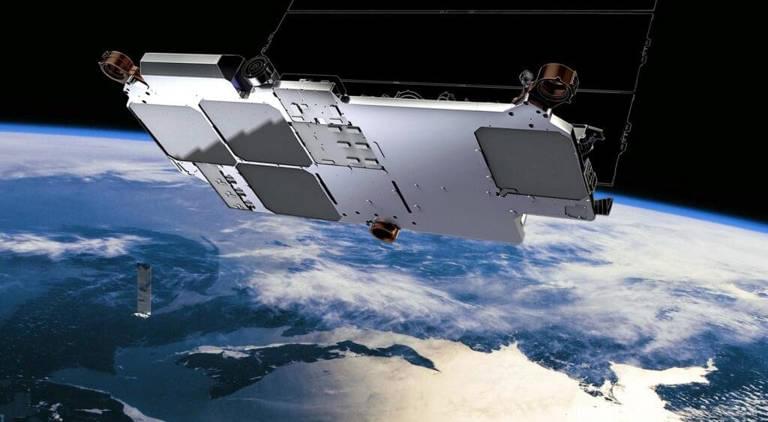SpaceX will launch Apple partner Globalstar’s new MSS satellites as part of the iPhone’s satellite connectivity features.
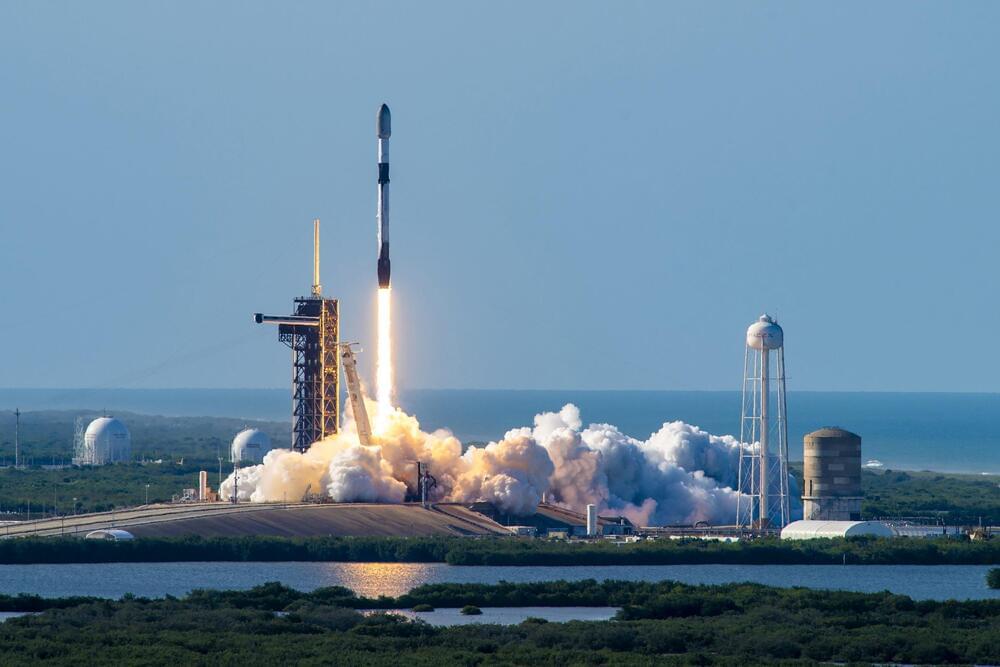

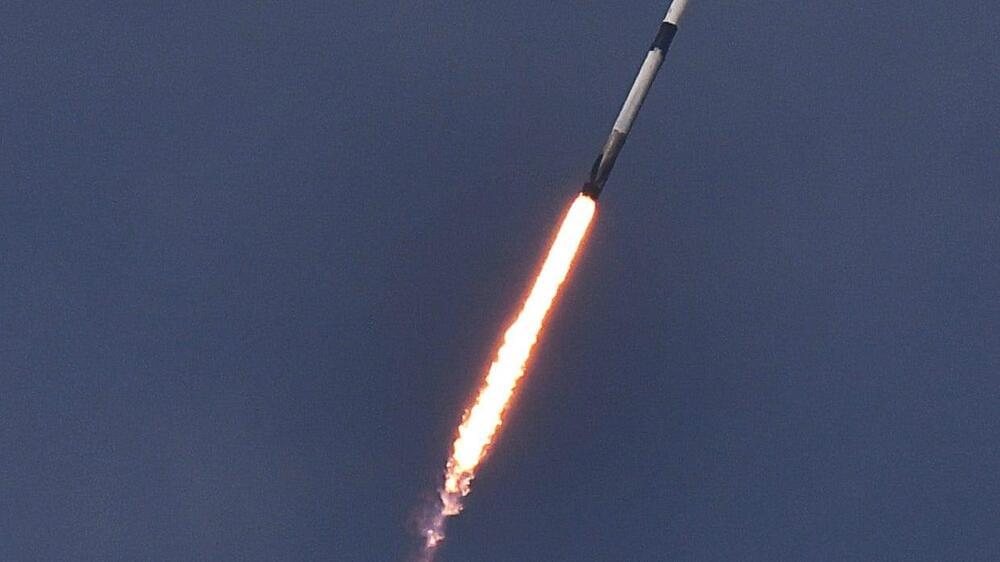
This afternoon, SpaceX plans to launch its latest Starlink mission from Cape Canaveral Space Launch Complex 40. Then on Monday, the company hopes to launch the Koreasat 6A telecommunications satellite from Kennedy Space Center Pad 39A. Another Starlink mission is then set for launch Tuesday evening.
When is the next Florida rocket launch?Is there a launch today? Upcoming SpaceX, NASA rocket launch schedule from Florida
Today’s launch window for the SpaceX Starlink 6–69 mission opens now at 6:56 p.m. EST. SpaceX states they now only have until 8:22 p.m. to launch.
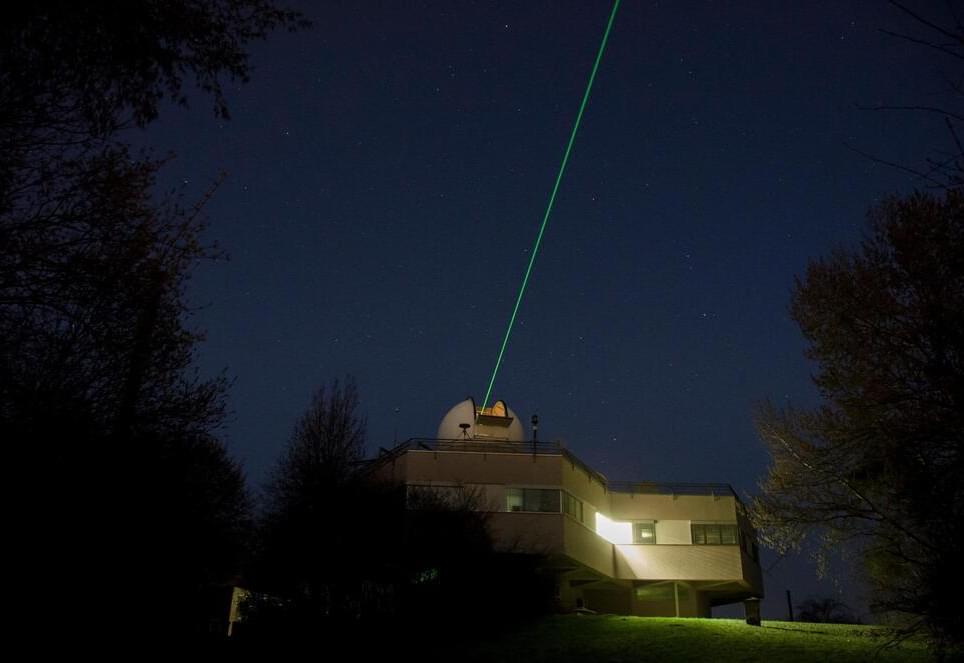
Scientists are using laser-based tracking and gravity data to improve how we monitor both satellites and space debris. By blending these methods, they can now predict orbits more precisely and gather insights on Earth’s gravity and water masses.
How are the Earth’s gravitational field and the paths of satellites and space debris connected? Earth’s gravitational field shapes the orbits of satellites and debris, and shifts in these orbits can reveal changes in the gravitational field, which also offers insights into water mass distribution on Earth.
In the COVER project, researchers at TU Graz’s Institute of Geodesy have enhanced gravity field calculations by combining satellite gravity measurements with satellite laser ranging (SLR). This approach not only improves gravity field models but also refines tracking and predictions for objects in orbit. These advancements are now available in the Gravity Recovery Object-Oriented Programming System (GROOPS) software—an open-source tool the Institute provides on GitHub.
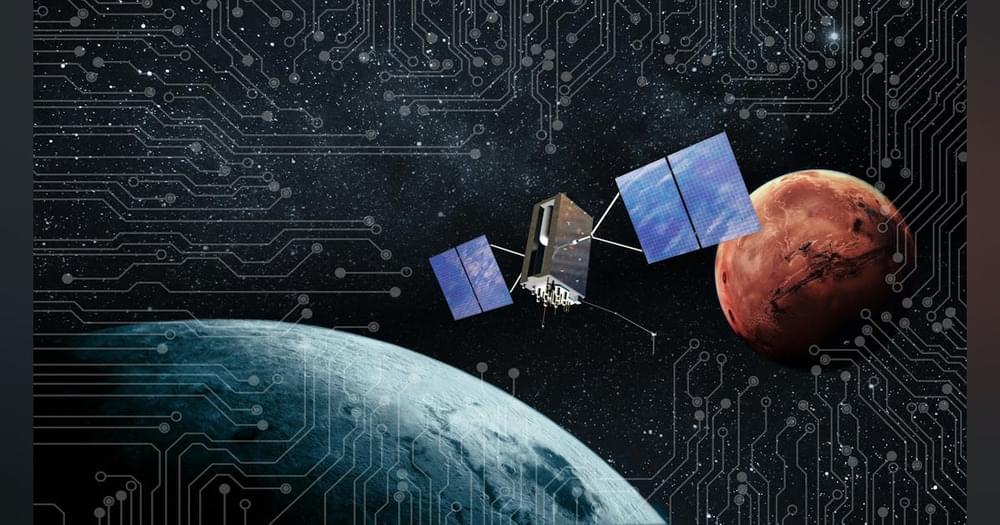
Related: Radiation-hardened space electronics enter the multi-core era
The approach mitigates risk and enables easy adoption. The RAD510 computer board will launch in industry-standard 3U form factor and use software compatible with the BAE Systems RAD750 and RAD5545 computer boards.
The RAD510 embedded computing board is for the challenging environment of radiation and extreme temperatures of space. It is built on the BAE Systems RAD750 computer board that has enabled more than 100 satellites.
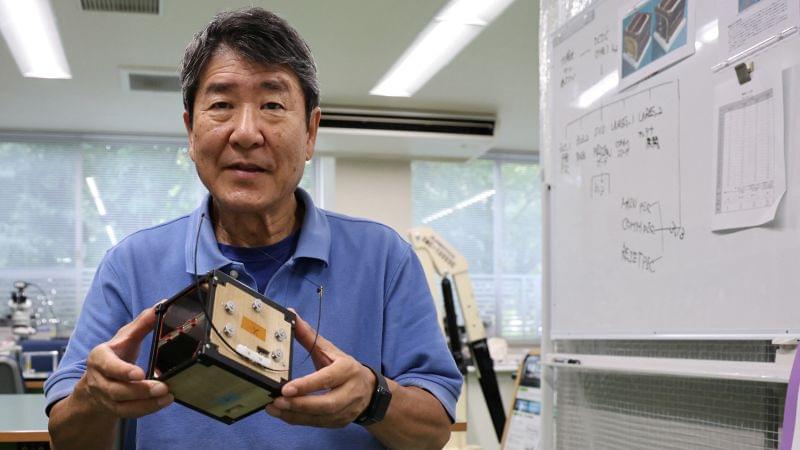
The world’s first wooden satellite, built by Japanese researchers, was launched into space on Tuesday, in an early test of using timber in lunar and Mars exploration.
LignoSat, developed by Kyoto University and homebuilder Sumitomo Forestry, will be flown to the International Space Station on a SpaceX mission, and later released into orbit about 400 kilometers (250 miles) above the Earth.
Named after the Latin word for “wood,” the palm-sized LignoSat is tasked to demonstrate the cosmic potential of the renewable material as humans explore living in space.

When lightning strikes, the electrons come pouring down.
In a new study, researchers at CU Boulder led by an undergraduate student have discovered a new link between weather on Earth and weather in space. The group used satellite data to show that lightning storms on our planet can knock especially high-energy, or “extra-hot,” electrons out of the inner radiation belt—a region of space filled with charged particles that surrounds Earth like an inner tube.
The team’s results could help satellites and even astronauts avoid dangerous radiation in space. This is one kind of downpour you don’t want to get caught in, said lead author Max Feinland.
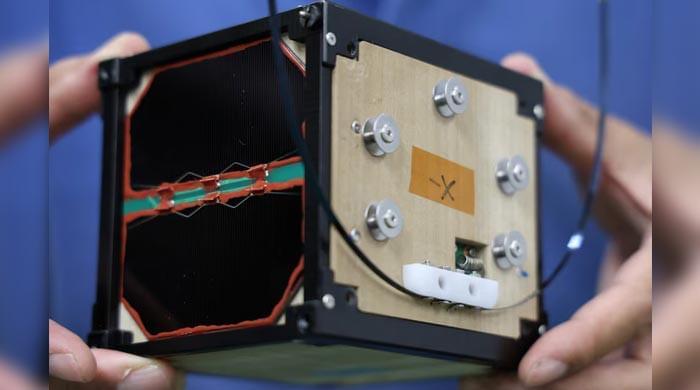
The world’s first wooden satellite, built by Japanese researchers, was launched into space on Tuesday, in an early test of using timber in lunar and Mars exploration.
LignoSat, developed by Kyoto University and homebuilder Sumitomo Forestry, will be flown to the International Space Station on a SpaceX mission, and later released into orbit about 400 kilometres above the Earth.
Named after the Latin word for “wood”, the palm-sized LignoSat is tasked to demonstrate the cosmic potential of the renewable material as humans explore living in space.
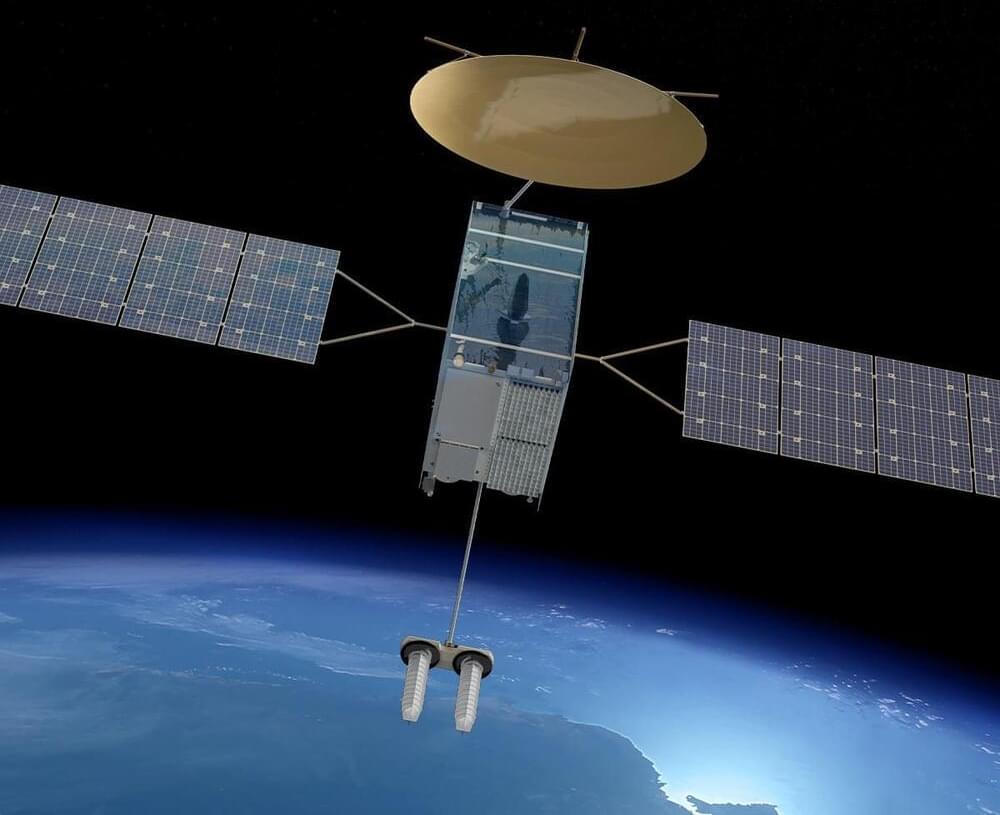
WASHINGTON — The Australian Department of Defence announced the cancellation of its JP9102 military satellite program, an estimated $5 billion project awarded to Lockheed Martin just 18 months ago, citing shifts in satellite technology and the market’s pivot toward multi-orbit space communications.
The cancellation of Australia’s JP9102 satellite program is yet another sign of the disruptive impact that low Earth orbit space internet services, led by the rapid growth of SpaceX’s Starlink, are having on the traditional satellite communications industry and government procurement models.
JP9102, or Defence Joint Project 9,102, was launched in 2021 with plans to develop between three to five geostationary satellites and ground systems, marking one of Australia’s most ambitious space infrastructure ventures.

Data from space shows water tilting up toward the north side of the Dickson Fjord as it sloshed from south to north and back every 90 seconds for nine days after a 2023 rockslide.
The international Surface Water and Ocean Topography (SWOT) satellite mission, a collaboration between NASA and France’s CNES (Centre National d’Études Spatiales), detected the unique contours of a tsunami that sloshed within the steep walls of a fjord in Greenland in September 2023. Triggered by a massive rockslide, the tsunami generated a seismic rumble that reverberated around the world for nine days. An international research team that included seismologists, geophysicists, and oceanographers recently reported on the event after a year of analyzing data.
The SWOT satellite collected water elevation measurements in Dickson Fjord on Sept. 17, 2023, the day after the initial rockslide and tsunami. The data was compared with measurements made under normal conditions a few weeks prior, on Aug. 6, 2023.
